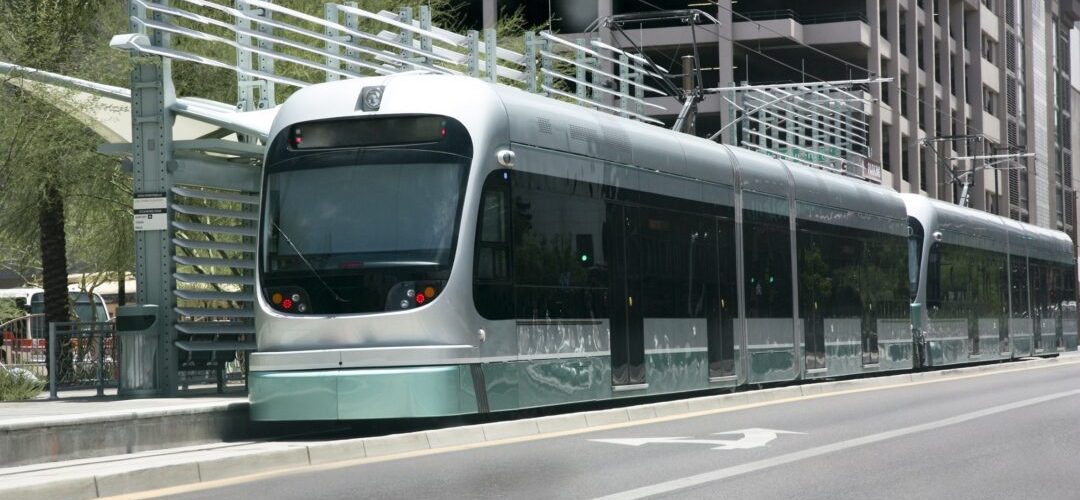Elected officials and business leaders are sounding the alarm on the nearing end of a voter-approved sales tax that funds important transportation projects in Maricopa County.
The half-cent sales tax approved by Maricopa County voters under Proposition 400 in November 2004 expires in 2025. The transportation sales tax was first approved by voters in 1985.
During a roundtable discussion last month with mayors, business leaders, and officials from across the Valley, Sen. Kyrsten Sinema, I-Ariz., highlighted the importance of Proposition 400 in supporting economic growth in the state. She encouraged community leaders to inform lawmakers of what Proposition 400 will mean “in dollars and cents to their constituents.”
Also present was Avondale Mayor and Chairman of the Maricopa Association of Governments (MAG) Kenn Weise, who stressed the urgency of securing approval from the state Legislature to send the question to Maricopa County voters.
“We are going to be at a critical juncture here in the next six months to a year because it expires at the end of 2025 and transportation in the Valley will come to a halt,” Weise said.
Maricopa County is the only Arizona county that requires legislative and gubernatorial approval before a transportation excise tax question can appear on a countywide ballot.
Since it was established, Proposition 400 funds have been used to fund some of the most significant transportation projects in the Phoenix metropolitan area, such as Loop 101, Loop 202, Loop 303, and light rail investments. Maricopa County leaders have said that these investments were essential in supporting the economy and enhancing property values, which increased 150% from 2000 to 2019.
In June of last year, the MAG regional council proposed an extension for another 25 years that would include funding for 350 miles of new freeway lanes, 1,300 miles of new arterial road lanes, 12 miles of new light rail, 37 miles of bus rapid transit, and investments in bicycle lanes, air quality, and road safety. The measure was approved by the state Legislature and, with the governor’s signature, was set to appear before voters in a March 2023 special election.
However, Gov. Doug Ducey on July 6 vetoed the bill, surprising many county officials and business leaders who were expecting it to be ratified.
Since then, Maricopa County leaders have been working to promote the extension this year to lawmakers before the proposition expires.
“We need to act, and we need to act now. Quality of life is at risk without an extension to Prop. 400,” said John Bullen, the transportation, economic, and finance program manager at MAG.
At a recent meeting in Mesa, Gov. Katie Hobbs expressed her willingness to work with Maricopa County in extending Prop 400. “I can assure everyone in this room that you have a partner in my office to make sure that we are doing it again and getting it across the finish line,” Hobbs said.
















Add comment